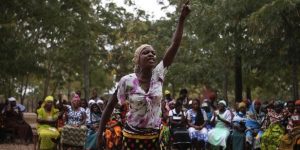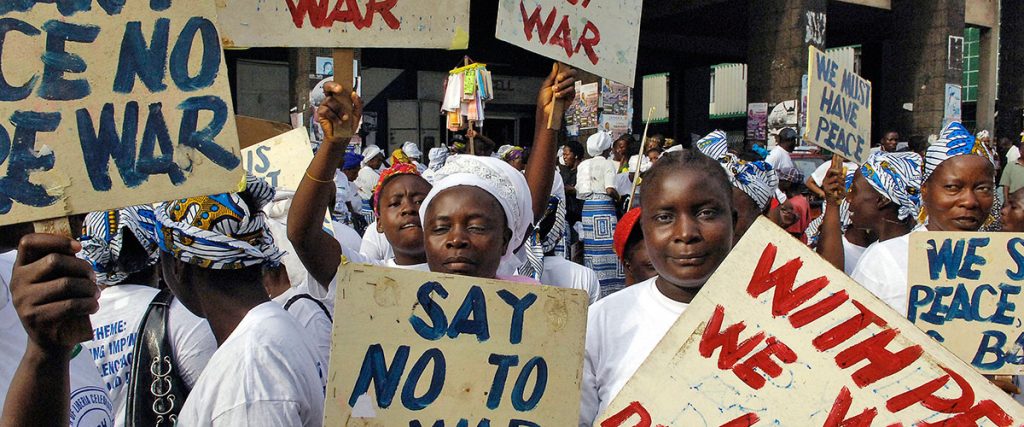Physical injuries are some of the more visible, and at times most deadly, consequences of gender-based violence (GBV). But the long-term mental health consequences are often invisible and left untreated.

Similarly, the reproductive and sexual health needs of survivors from rape and sexual violence – to reduce the risk of HIV and STIs, unwanted pregnancies and unsafe terminations, and long-term reproductive complications – are often unmet, stigmatised and under-reported.
But it is not only health needs which must be met. GBV is a consequence and reflection of structural inequalities that threaten sustainable development, undermine democratic governance, deepen social fragmentation and threaten peace and security.
This week, UNDP and the Republic of Korea hosted an event at the 61st session of the Commission on the Status of Women on “Gender-based violence, health and well-being: Addressing the needs of women and girls living in crisis affected context” bringing together government officials, practitioners, and academics.

